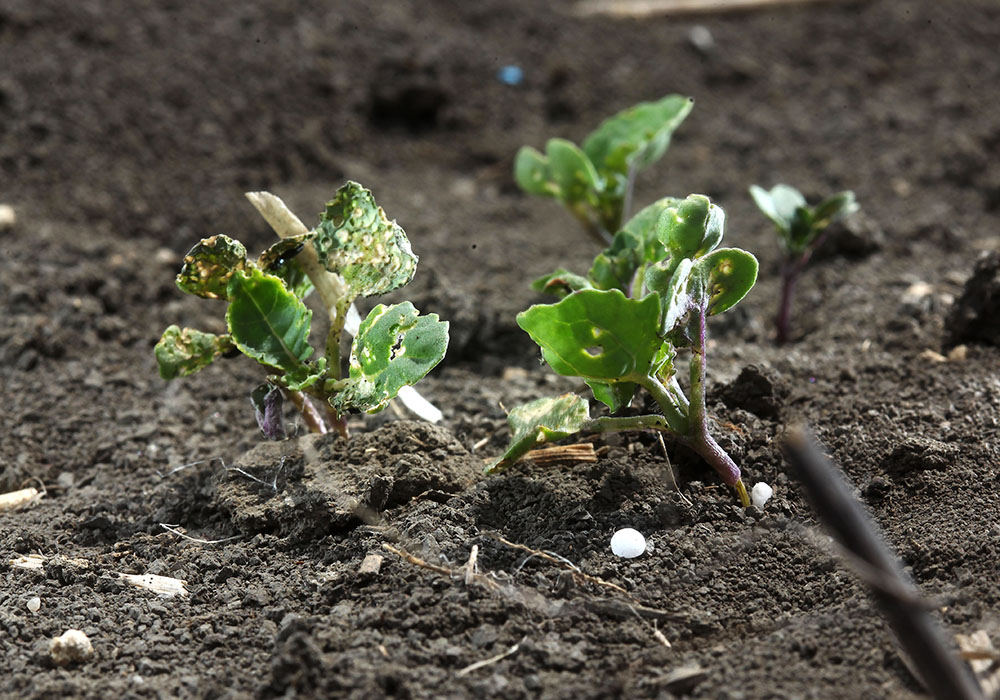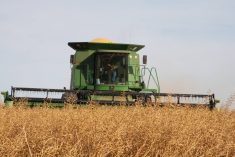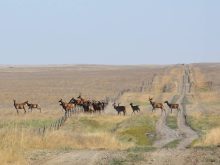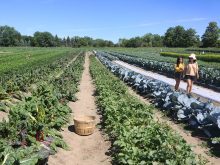In a rare occurrence, Canadian attention has been drawn to the country’s food system and food security.
That could goad governments to fix inadequate safety net system, hopes a school of public policy researcher.
“That public attention (during the pandemic) will also help translate to policy action,” said Kerri Holland during a webinar for the University of Calgary’s Simpson Centre for Agricultural and Food Innovation and Public Education.
“Hopefully that will push agriculture onto the agenda at the federal and provincial governments and hopefully they’ll be responsive to that.”
Read Also

New program aims to support plant-based exports to Asia
Understanding the preferences of consumers in Taiwan and how they differ from Indonesia or Malaysia isn’t easy for a small company in Saskatchewan.
Packing plant shutdowns, empty shelves at grocery stores, problems getting foreign farm workers into the country and shortfalls at food banks have rattled many Canadians, who have mostly taken the food system for granted.
Hollands said “challenges caused by COVID-19 have highlighted vulnerabilities in the food supply chain,” in her June 9 report, Canada’s Food Security During the COVID-19 Pandemic.
However, Canada’s governments and its citizens must understand that farmers have been under significant stress for a long time, something that weakens food production and its potential.
“Canadian farmers were experiencing significant economic hardship prior to the pandemic. Rising input costs, volatile weather conditions in 2018 and 2019 growing seasons, labour shortages, international trade disputes and transport restrictions caused by the CN Rail strike in late 2019 and rail blockades in early 2020 all manifested in major declines to net farm income and record levels of farm debt,” wrote Holland.
“The COVID-19 crisis has fostered market uncertainty and increased production costs. These additional pressures put farmers at greater financial risk.”
Yet when farmers look to their safety net, the business risk management programs set up by federal and provincial governments, they find that those programs don’t work for either the ongoing problems or the shock of the pandemic, Holland wrote.
Some of the actions taken recently to help farmers are increasing potential debt levels, which “may become a double-edged sword, helping them in the short-term, but pushing them deeper into debt and reducing their equity if they have another financially difficult year.”
Hollands recommended that governments consider compensating farmers based upon the size of their losses during the pandemic, including going beyond the constrictions of the existing safety net system and covering farm industries not usually covered.
Also, with many countries around the world worried about their own food security, it would be a good time to get better access to foreign markets, she stated in the report.
One of the best hopes for creating better stability for Canadian farmers, the food industry and Canadian citizens is increasing the size of the domestic value-added food processing sector. That’s a place that governments can also help, she wrote.


















